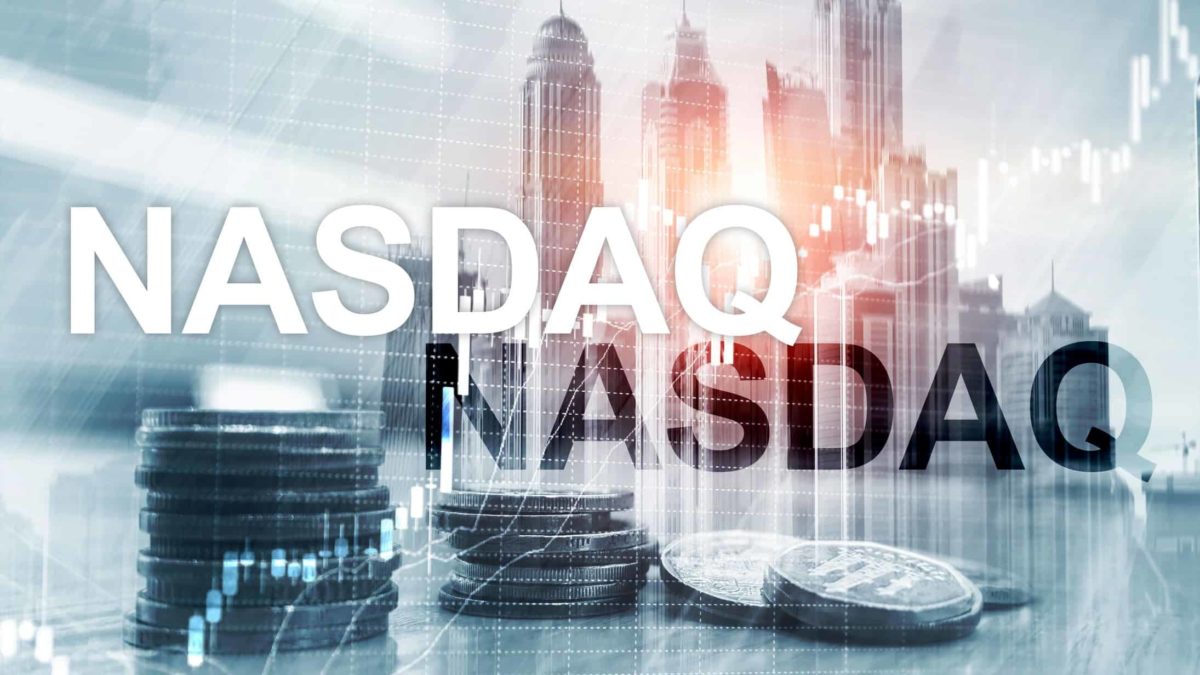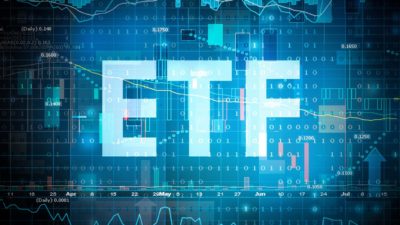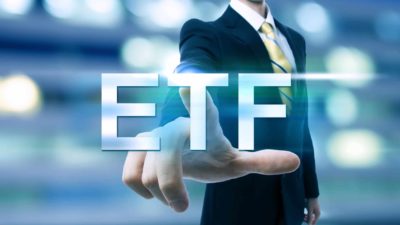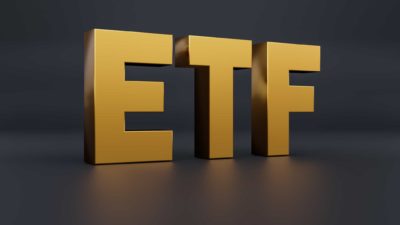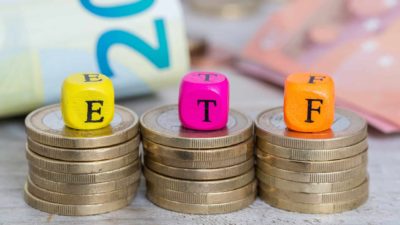The Nasdaq Composite (INDEXNASDAQ: .IXIC) Index has been a growing point of fascination with ASX investors over the past few years.
The United States's newer major stock exchange, the Nasdaq is famously home to most of the US's disruptive tech companies.
Probably as a result of this, this index has been a top performer over the past decade. The index alone is up more than 83% over the past 12 months (not even including dividends), and up 181% over the past 5 years.
Is investing in the Nasdaq a good idea?
Since the Nasdaq is a US-based index, it offers many diversification benefits for an ASX investor. Having some investments denominated in a currency outside the Australian dollar can offer some benefits in this regard.
And since the ASX's own tech sector pales in front of the Nasdaq's offerings (more on that later), it can be an easy way to increase your exposure to tech as well.
How to invest in the Nasdaq on the ASX
Well, there are 2 ASX exchange-traded fund (ETF) that directly track the Nasdaq, both from BetaShares. They are the BetaShares Nasdaq 100 ETF (ASX: NDQ) and the BetaShares Nasdaq 100 ETF-Currency Hedged (ASX: HNDQ).
These two ETFs are almost identical, they both mirror the NASDAQ-100 (INDEXNASDAQ: NDX), which holds the 100 largest companies in the Nasdaq Composite.
However, HNDQ is a hedged ETF, which means that it takes currency fluctuations between the US and Aussie dollar out of the equation. In exchange for a slightly higher management fee of course.
NDQ's management fee is 0.48% per annum, while HNDQ's fee is 0.51%. Movements in the exchange rate will affect NDQ though.
So, let's look at which companies these ETFs hold. Here are the top 10, according to BetaShares:
| Nasdaq Company | Weighting in NDQ (%) |
| Apple Inc (NASDAQ: AAPL) | 11.4% |
| Microsoft Corporation (NASDAQ: MSFT) | 9.6% |
| Amazon.com Inc (NASDAQ: AMZN) | 8.2% |
| Alphabet Inc (NASDAQ: GOOG)(NASDAQ: GOOGL) | 7% |
| Tesla Inc (NASDAQ: TSLA) | 4.2% |
| Facebook Inc (NASDAQ: FB) | 3.6% |
| NVIDIA Corporation (NASDAQ: NVDA) | 2.7% |
| PayPal Holdings Inc (NASDAQ: PYPL) | 2.4% |
| Intel Corporation (NASDAQ: INTC) | 2.1% |
| Comcast Corporation (NASDAQ: CMCSA) | 2.1% |
So it is very obvious here where the Nasdaq gets it's 'tech-heavy' reputation from. There are some 'non-tech' companies in the index as well, such as PepsiCo Inc (NASDAQ: PEP). But almost half of the index is allocated to the tech space.
Past performance doesn't guarantee future success
So we've already touched on the Nasdaq's performance history. But let's take a look at the BetaShares Nasdaq 100 ETF's performance, given that it takes into account the currency fluctuations that we Australians face.
So according to BetaShares, NDQ has returned 27.34% over the past 12 months, 24.22% per annum over the past three years, and 23.67% per annum over the past five years.
That's some impressive numbers to be sure. However, it's worth noting that all sectors and indexes have their time in the sun, and the Nasdaq is no different.
Sure, this index is up an impressive 396% over the past decade. But before that, the picture was not as bright. The dot-com crash of the early 2000s hit the Nasdaq hard. In fact, it took until December 2014 for the index to once again hit the peaks that it first hit back in early 2000.
